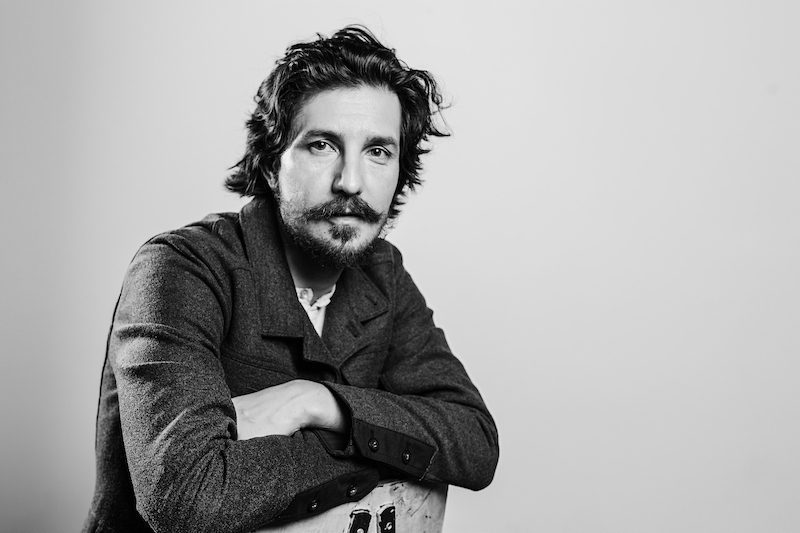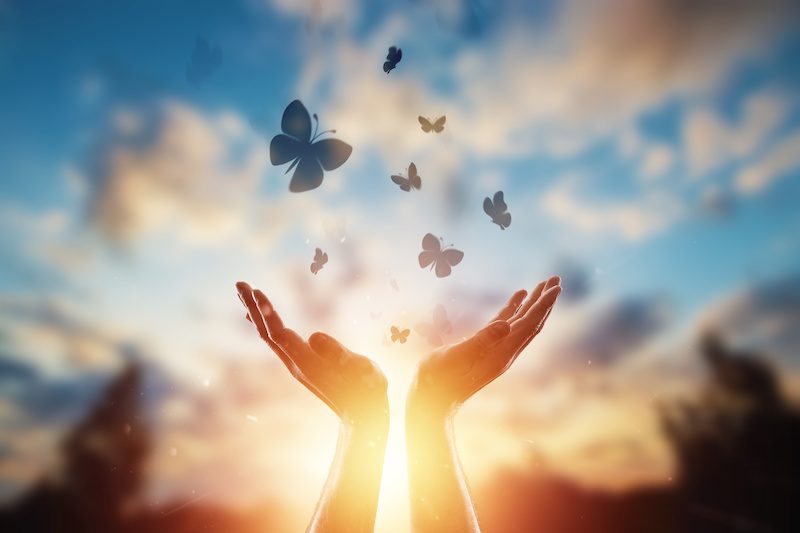Whether you think of it as a virtue or an emotion, hope is a discipline that can help us thrive in everything from our relationships and personal health to business endeavors and career paths.
According to some researchers, hope is a cognitive theory linked to goal setting, best summed up by the phrase: “You can get there from here.” Paula Davis, an expert on reducing burnout and building resilience, writes there are four core beliefs held by hopeful people:
- The future will be better than the present.
- You have a say in how your life unfolds.
- There are multiple pathways to achieving personal and professional goals.
- There will be obstacles.
Those who stick to this line of thinking can see workplace benefits like increased productivity and improvements in their social connections and leadership skills.
“Hope and productivity are connected,” Davis says in a Forbes article. “I suspect that on the days you get the most done you have a strong sense of what your goals are, combined with the energy to accomplish what you want.”
Todd Fink, a musical artist, addiction counselor, podcast host and mindfulness teacher, has also spent time pondering the concept of hope. He admits it’s a quality he largely misunderstood, and even has discounted throughout his life. “It wasn’t until I made the connection that when a person in crisis is hopeless or in active despair that hope is needed like oxygen when drowning,” he says. “So, we naturally have some hope that helps sustain us through the vicissitudes of life but some events, disorders or environmental conditions can totally disrupt it with dire consequences.”
He’s become more interested in the topic in recent years, since he believes we’re collectively experiencing a turning point. Part of it is COVID, another part is perhaps technology. These transitions are associated with many mental health issues, like significant spikes in substance use disorders and overdoses and suicidal ideation.

Fink reflects on hope being more of a virtue than a feeling. “I think activist and author Mariame Kaba put it elegantly, ‘Hope is a discipline, but also a call to action.’ It takes some purposeful attention directed in a particular way that orients us to what is possible.” Then, we are empowered to act, though some support still may be required to initiate or continue.
When it comes to the workplace, instilling hope in employees is an essential business strategy that can range from adding purpose to the office culture, preparing for what-ifs like economic fluctuations and personnel changes by planning for the future, and by getting employees vested in a company’s vision by keeping them up-to-date on company goals and providing opportunities for growth and learning.
And for those who gravitate toward more abstract or poetic explanations, Fink calls out psychologist Charles Snyder’s description of hope as a “personal rainbow of the mind.”
“The colors represent realistic pathways to a better future which form a bridge between goals and personal agency,” says Fink. “In this way, hope is also unique among other virtues because it integrates all three divisions of time — past, present, future — while requiring the preconditions or background of negative or harsh circumstances. … No rain, no rainbow.”

Fink believes that hope, like other traits, can be innate. Yet, it certainly can be further developed or inhibited by outer forces, too. He personally practices by trying to regularly examine his life and relationship to other people and the environment — and to think about realistic goals and pathways in the short-, medium- and long-term futures to improve himself, and the world. “I emphasize realistic,” he says, “because we can easily lose our way by goals that are too lofty or too easy.”
And crucially, studies show that people with unrealistic hopes tend to ultimately lose hope. But overall, Fink thinks it’s important to remember that on some level, hope is everything. “Why would we try anything without it?” he asks.
And on a more practical note, as Paula Davis writes: “High-hope people are flexible, accurate and thorough thinkers … they have the cognitive flexibility to find alternative solutions when they get knocked off course.”




